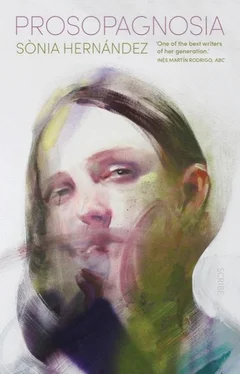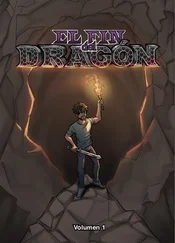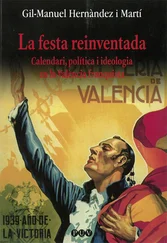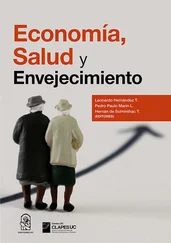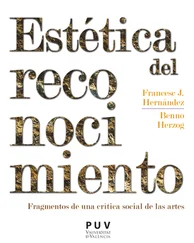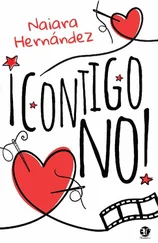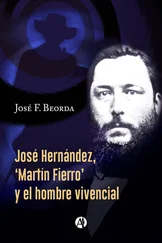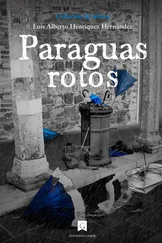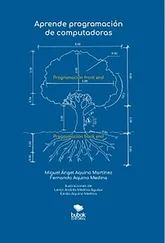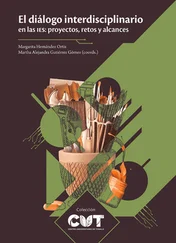I’m not trying to say that this is where my calling as a journalist came from. In fact, I doubt I ever really had a calling for it. I think I decided to study Communication Sciences because during my last year of high school — back then it was called the University Orientation Course — my art history teacher came in before class and dropped a newspaper clipping on my desk. It was a summary of a speech where Gabriel García Márquez had declared that journalism was the best profession in the world. Just like that, he’d given the writer a headline for his article. I’d never even read a book by Gabriel García Márquez, but I liked my art history teacher’s sensibilities; in class he’d shown us Botticelli’s The Birth of Venus and Primavera . Thinking about it now, it occurs to me how funny it would be if the teacher had left it on my desk accidentally.
When I began working at the publishing house, I’d already been writing for a local newspaper for a few months. They sent me to cover press conferences given by the mayor, and even sometimes to openings and events attended by some important regional politician. I won’t deny that I enjoyed being entrusted with such a duty: I became the only person responsible for recounting these events to the newspaper’s thousands of readers. Once, I accidentally changed the name or job title of one those regional authorities, a fact that was later relayed to me by the editors. But it was no big deal for them, because at the end of the day, I was still learning.
The culture section was my favourite, and my goal was to write for the weekend lift-out. Occasionally, writers or intellectuals would come by the offices, and spend time chatting with the editors. I listened in on their conversations about new literary titles, recent exhibits, and current trends in philosophy. All of these overheard conversations had an effect on my mood, but I was especially moved when I recognised a name that was mentioned. That was when I confused who I wanted to be with who I actually was: a girl who had just received an official piece of paper saying she had been awarded her degree, but who actually thought the paper said that the moment had arrived where everyone would recognise her value, because she had always been such a clever girl. By eavesdropping on the intellectuals who came to visit the local newspaper, I thought of myself as their equal. I felt I was just like them, even though they would never have recognised me as such, (I would never have recognised myself as such, either) because I had no idea who I was, let alone who I wanted to be. But I also wanted to try acting like one of those people who knows so much about so many things that everything becomes completely unbearable, because all that knowledge can only lead to an essentially negative truth.
My first boss at the publishing house didn’t seem particularly inclined to acknowledge how clever I was either. She gave me one of the worst tongue-lashings I’ve ever received in my life. After all this time I can’t remember exactly what she said, just the modulation of her tirade, the melody of her intonation as she spoke, how she bit off each of her words and tightened her jaw, which was a move I’d only ever seen from actors in old Western movies. She made me aware of the gravity of taking things for granted in a job like the one I was supposed to be doing. You could never trust others to know what you knew, you had to confirm and double-check everything — wasn’t I a journalist? Hadn’t anyone explained to me how important it was to check your information? Nothing should be taken as a given until you had verified it from trustworthy sources. All this to say that if I had any doubts, I should talk to her about them, because she’d be happy to help me out, just like she was right now.
It’s possible that my constant fear of making a mistake stems from this experience. I also think that my feeling of living near to the end of things grew stronger in this period. Although I had no idea at the time, encyclopaedias as I knew them had very little time left on Earth. Even my mother was soon in a rush to get rid of all the books she had covering the shelves, even the ones with the reproductions of the front pages of newspapers from World War II.
My job at the publishing house didn’t last much longer, so I went back to writing for the regional newspaper. One Friday, they called me up at my parents’ house to ask if I could cover a conference given by a very popular philosopher that afternoon in the region’s capital. None of the usual reporters were available, so if I could go, it would be a huge favour. I was delighted to accept. That’s when the editor of the culture section’s weekend lift-out asked me to try to interview the philosopher for a lead article. At last, the moment had arrived when everyone would realise how clever I was. Of course, I told him, I’ll get you that interview. I got in touch with the conference organisers and they assured me that there’d be no problem. As long as it was brief, I could interview the philosopher before he gave his speech, because once that was over, he had to leave straight away for another engagement. I promised them it would be a brief interview, just the minimum I needed to put together the article.
A taxi deposited the philosopher in front of the cultural centre where he would be giving his speech fifteen minutes after the time he was supposed to have begun. Obviously, there was no way I’d be able to interview him. The auditorium was packed with people impatient to hear the philosopher’s advice. Although I was supposed to write a story on what he said, I was barely able to follow it. I was angry and bewildered. I felt completely incapable of telling the editor of the culture section that I had been unable to secure an interview with one of the most sought-after intellectuals in the region. During his conference, I think he advised his readers and admirers to be respectful towards others, to live together in harmony, and to want what you already have, because that way, you have what you want. He said we should apply the principles of the Enlightenment to our lives, enjoy sunny mornings and rainy afternoons: in short, we should be happy. How did my failure that afternoon fit in with his advice?
After what seemed like endless rounds of applause, his speech was finally over. I approached the conference organisers to see if I couldn’t get a couple of minutes with the philosopher. But it was impossible: he had to return immediately to the judges’ meeting for a very important philosophy prize. I managed to make my way over to him, but he just looked at me with his squinty eyes and said with forced friendliness that a taxi was already waiting for him. Without thinking, I suggested we could do the interview in the taxi, and that’s what happened.
This is the best anecdote I have from my time as a journalist, and it’s also the most daring I’ve ever been in a professional setting. I can’t recall the content of the interview, but I do remember that the taxi driver wanted to charge me for the return trip, after we had dropped the philosopher off at the famous restaurant where the other jury members were meeting. I didn’t pay him.
As an anecdote, it had a certain charm, and it caused the editor of the culture section to call me up and praise me for my quick thinking, and to insist that I include it at the start of the interview. I think I felt something like happiness when I saw it in print, in the middle pages of the weekend lift-out. At last, I had entered into the decisive phase of my life, where everyone would recognise my talent. I imagined myself sitting face to face with the editor, discussing philosophy and current trends in contemporary thought, about the need to appreciate what one has, as it’s the only way to ensure one has what one wants, about the need for ethical guidelines to make it possible for humans to live harmoniously together, and how that was the only way to fill the void left by postmodernism. I listened to the sound of my speech without noticing the words or the language in which I pronounced it, like the incomprehensible spiels delivered by characters in Charlie Chaplin films, after he finally allowed the use of sound.
Читать дальше
